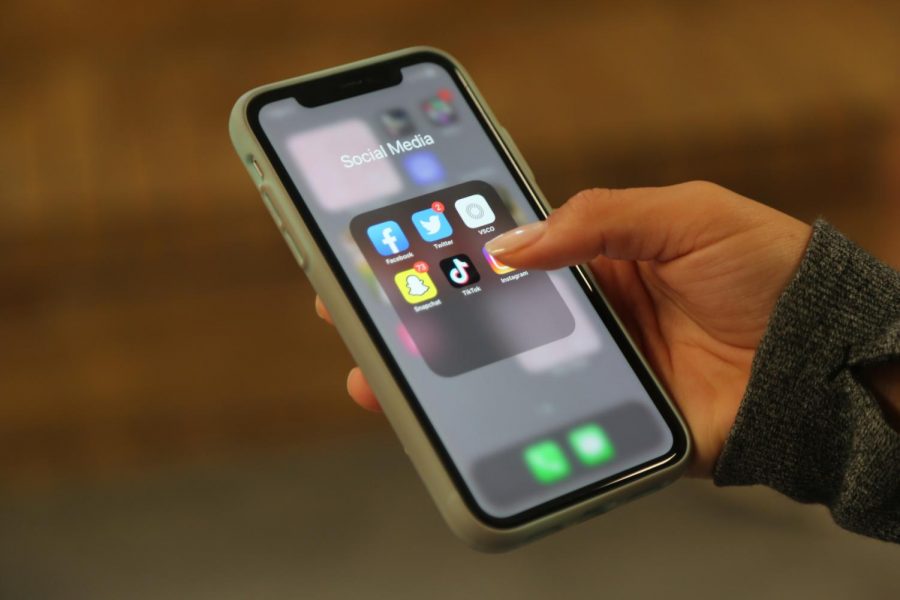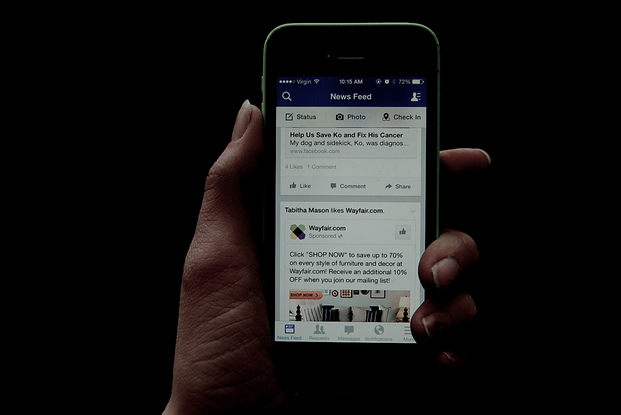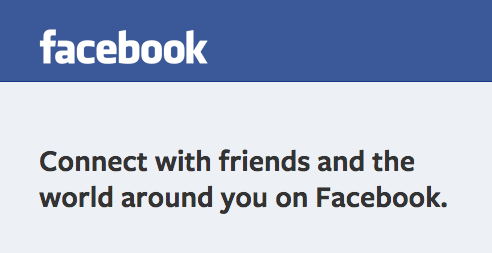Normalized Addiction
The addiction to social media has been overlooked far too long. Somehow, a simple virtual community has taken over people’s lives. Over 70% of the U.S. population has active social media accounts.
People are constantly checking their phones—it’s just the way life is. But social media is a global concern due to the normalized reliance on the assurance of others and external validation.
Social media is a dangerous platform. Posting, liking, commenting and sharing are habits that go unnoticed. This is what the platform creators want.
Comparisons between unrealistic standards and a person can cause a lot of harm. The beauty standards that are easily set create insecurities and self-doubt. Too skinny, too big, too covered, too revealing; it’s impossible to satisfy others.
Filtering is the hardest part of social media to acknowledge. Filtering photos is one thing, but filtering a lifestyle drowns people in the idea that they aren’t enough. Influencers and celebrities only post the highlights of their lives. The downfalls and lowlights go unseen.
Instagram has recently added a feature for users to hide the number of likes on a post. Even this creates an unspoken standard of not getting enough likes. When someone hides their likes, are they embarrassed by their “like count”? And if you don’t hide them, are you getting enough likes? The whole concept is contradicting and complicated.
With constant thoughts of how others will view you, people try to cover and eliminate insecurities. Apps like Facetune and Airbrush have solved this problem by creating new ones. These apps include features to reshape bodies, smoothen skin and whiten teeth. People aren’t born with these insecurities, they’re taught them. Since there are accessible apps that allow these modifications, the apps promote the belief that people should not publicize these normal qualities.
Although social media creates mental-health problems, the addiction is intuitive. The buzzing and ringing from notifications keep people wanting more. The best way to avoid the urge to check social media is by turning off notifications. Although this may be difficult, you will find yourself living in the moment and ignoring the refined world.
Since social media is widely used, deleting all forms of it isn’t realistic for most people. We can, however, take time away from it and accept that nobody is perfect. Nobody has a perfect life and once this can come to a consensus, as a community, we can take a step forward.













